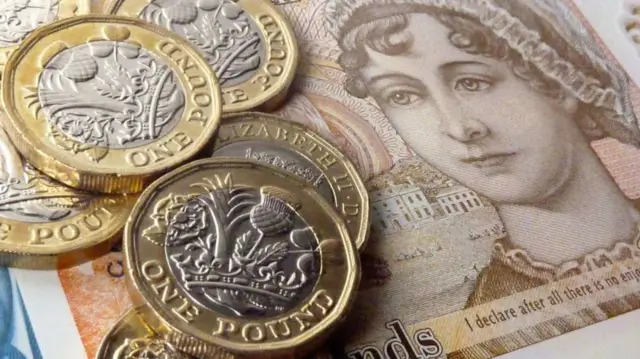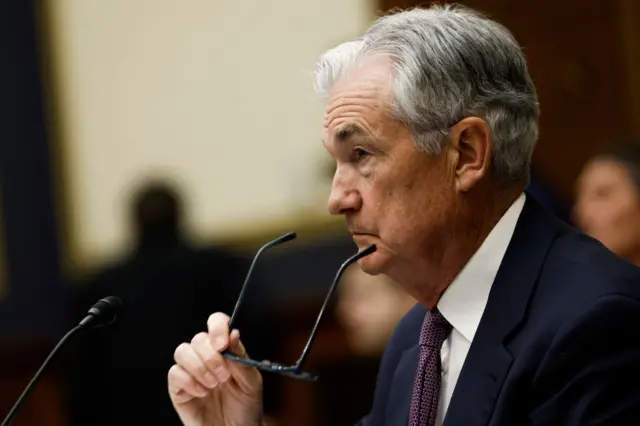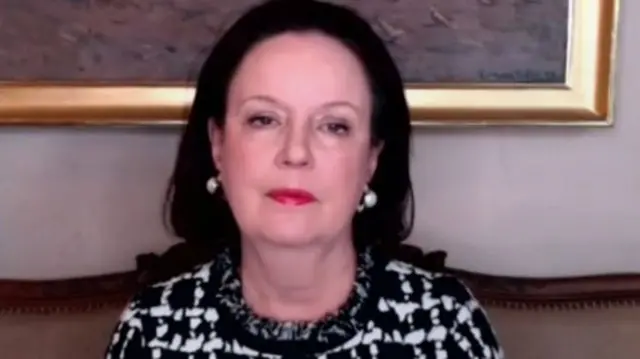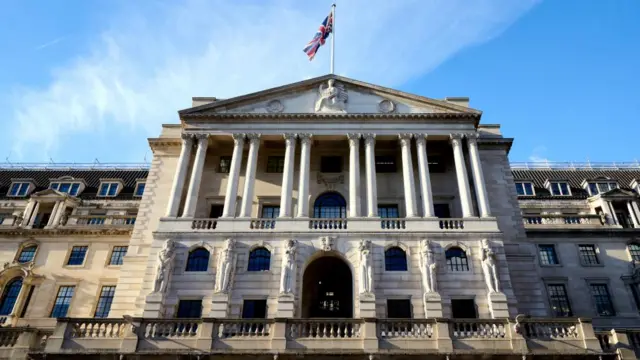Thanks for joining uspublished at 14:49 GMT 20 March 2023
We're now closing this live page.
If you'd like to find out more about the latest developments in the banking sector and how they might affect you, you can read our explainer: Is this a banking crisis - how worried should I be?
And for more on the what's been happening today, take a look at our latest news story.
Thank you for following along. The page was brought to you by Heather Sharp, James FitzGerald, Nathan Williams, Michael Race, Laura Gozzi, Jemma Crew, Natalie Sherman and Noor Nanji.











